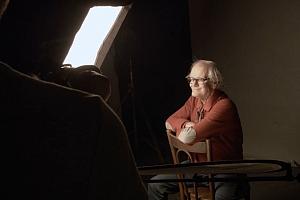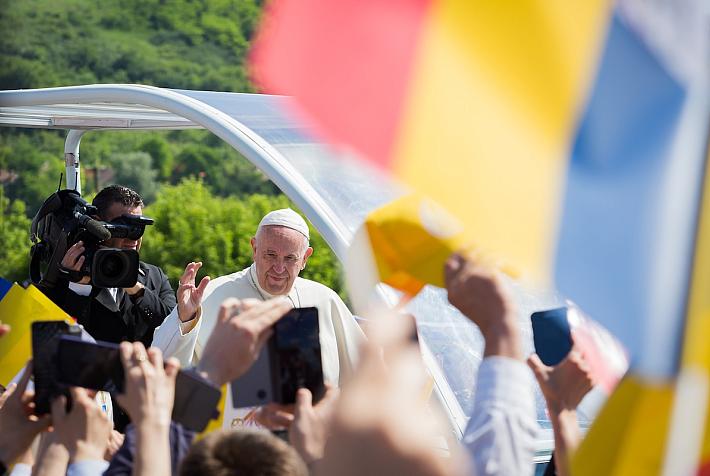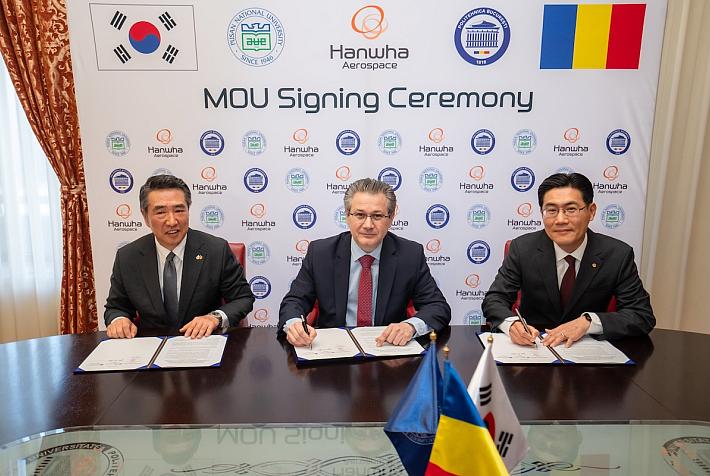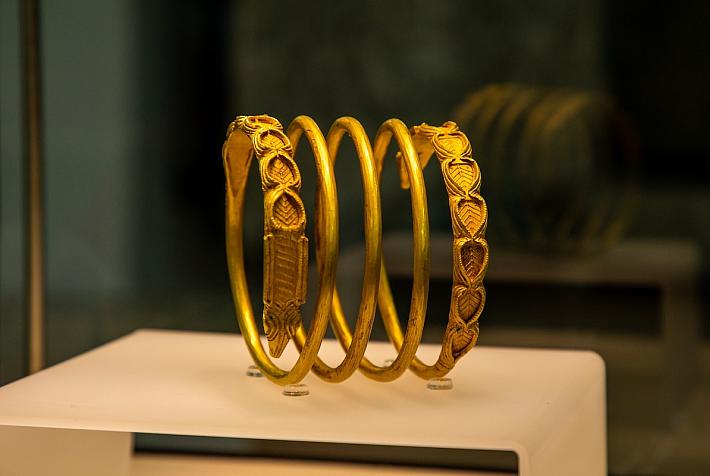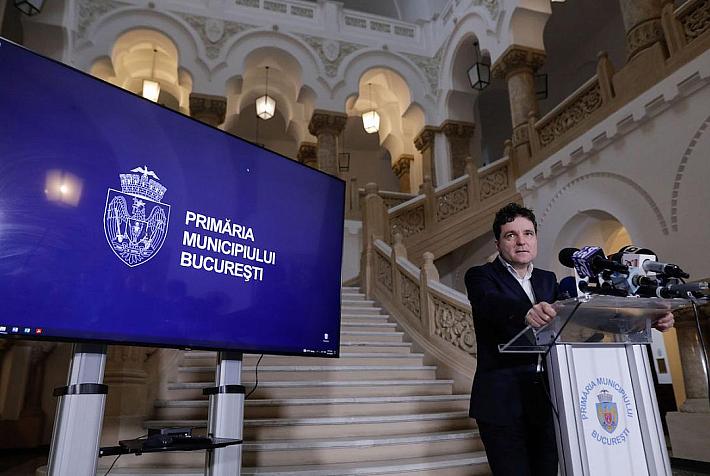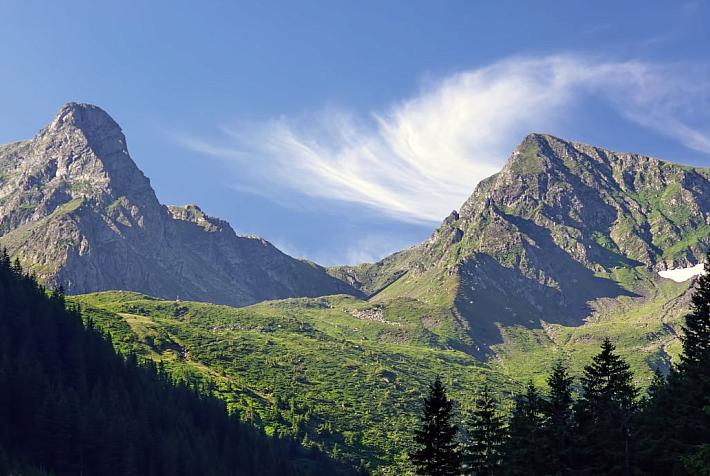Romanian film review – One World Romania 2022
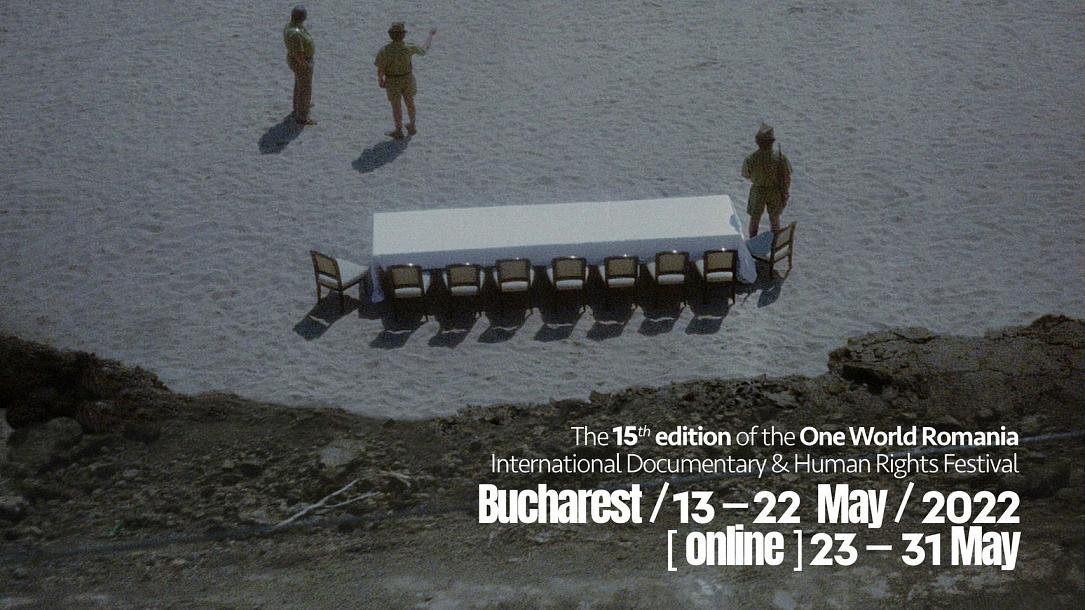
Between 13 and 22 May (and online until 31 May), the International Human Rights and Documentary Festival returned with a new artistic director, young filmmaker Monica Stan (Immaculate), who took over from duo Andrei Rus and Vanina Vignal. Stan and her team remained faithful to the festival’s unflinching focus on political and social themes and were on point, charming, approachable, both on stage and during the Q&As. The structure is more or less the classical one, with an International Competition and non-competitive sections, adding very contemporary new ones such as “Body and Soul”, on mental and physical health (accompanied by events and classes on yoga, art or nutrition, definitely something for new groups of audiences, and more mainstream). The section titles were generally more on the poetic side this year, homages to other works and films, with the risk of being a bit too cryptic on the exact theme (“The Garden of all Flowers”, “The Bruised Body of the Planet”, “Arthropod Shorts”). The popular and always revelatory archive programme Sahia Vintage was missing this year, I hope only exceptionally.
The opening film, A.I. at War, was a logical choice for a festival taking part not far from the raging war in Ukraine. Filmmaker Florent Marcie borrows a small robot that he takes along in war-torn countries (Syria and Iraq) and conflict-heavy Paris (the Yellow Vests revolt), and the exchanges between a robot with its limits and quickness to learn in the face of crisis and humans (especially Marcie) is at the core of the film. The premise is great, but the film often gets lost, and indulges more than once in the depicted misery; this could have been more profound and less self-centred. But choosing it as an opener makes sense for its approachability, endearing subjects, doses of humour, and its topicality (not only in terms of war but of a future marked by artificial intelligence).
My personal pick for an opening film would have been The Balcony Movie by veteran Polish director Paweł Łoziński, a true charmer of an experiment: from his balcony in Warsaw, Łoziński stops passer-bies on the alley below and asks them about life. Some are happy to talk, some are more restrained, many return (not just because their daily chores lead them to use that street). A wonderfully simple setup with a ton-full of snippets of wisdom about love, marriage, and one's purpose, The Balcony Movie was a much-needed feel-good gem in a selection that is, by the nature of its topics, more grave.
Multi-awarded Taming the Garden, by Salomé Jashi, was another revelation, this time of a grotesque kind, an absolutely jaw-dropping account of Georgian billionaire and former PM Bidzina Ivanishvili who embarks on the megalomaniac quest to uproot the country’s oldest, most massive trees so he can plant them in his garden. An absolutely batshit crazy idea, it would be hard to believe it were not true, and Jashi’s calm, exquisitely framed film is enraging and fascinating.
Laure Portier’s Soy libre/ I Am Free is the deserving winner of the International Jury, the story of the director’s younger brother Arnaud, who, after a childhood marked by neglect and anger, goes on a quest to live a life of freedom, one on his own terms. Intimate, moving, and (most wonderfully) taking a different course than I expected.
There were so many more good titles, from Alice Diop’s gorgeous reflection on belonging and community Nous/ We to the precise ingeniosity of Chloé Galibert-Laîné’s Forensickness, the boisterous humanity of Interno 167, and the heartbreak of a girl’s pre-defined life in Diem Ha Le’s Children of the Mist.
The Romanian films shown were mostly in the work-in-progress section, accompanied by discussions with the team, a long tradition of the festival, this time with even more titles.
In the already finished (and Berlinale premiered) Amintiri de pe frontul de est/ Memories from the Eastern Front, ever-productive Radu Jude does what he does best: taking archive material and uncovering historical facts largely unknown (and of the ‘uncomfortable’ type) by the way he arranges and edits. Together with his co-director, historian Adrian Cioflâncă, this time he uses a photo album by an officer in a regiment of the Romanian army fighting the Soviets on the Eastern front in 1941 and 1942 when the country was allied with Germany, accompanies them with entries about the regiment, and shows horrendous antisemitic attitude and crime.
Very different from Memories of the Eastern Front but just as memorable and courageous (in telling what many would hide), especially since it is a debut, Olga Lucovnicova’s Nanu Tudor/ My Uncle Tudor, while not Romanian, is spoken in Romanian and set in Moldova. A personal, delicate, and very necessary story.
By Ioana Moldovan, columnist, ioana.moldovan@romania-insider.com
Photo info & source: Festival image on Facebook






